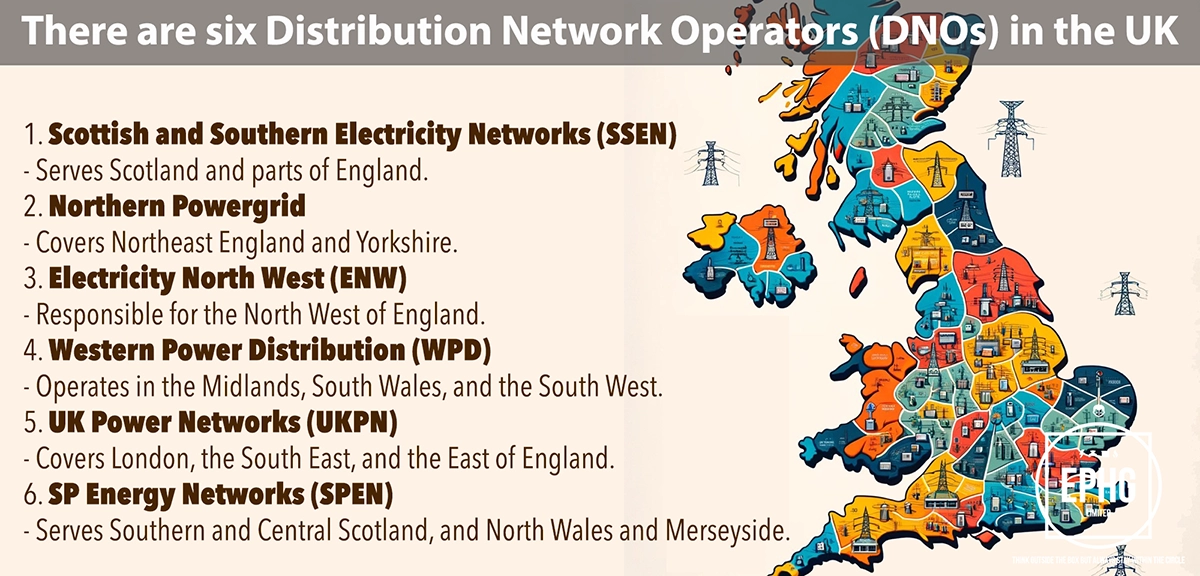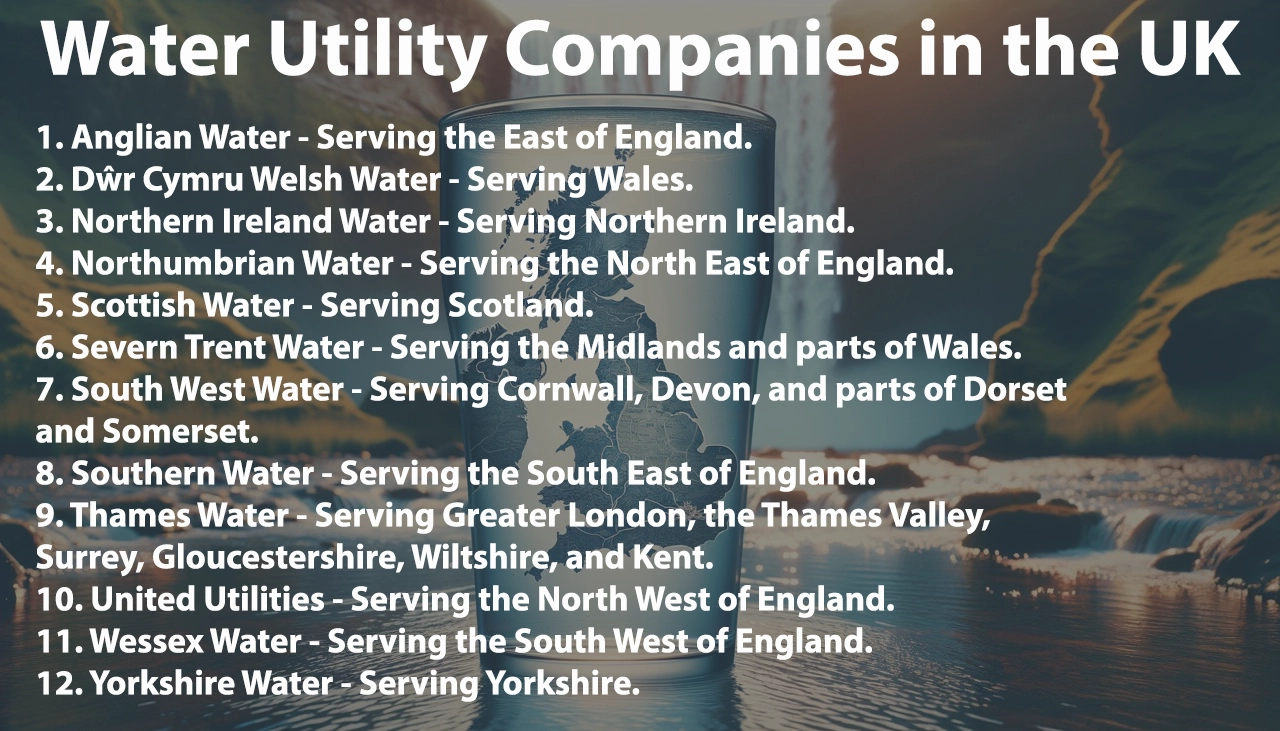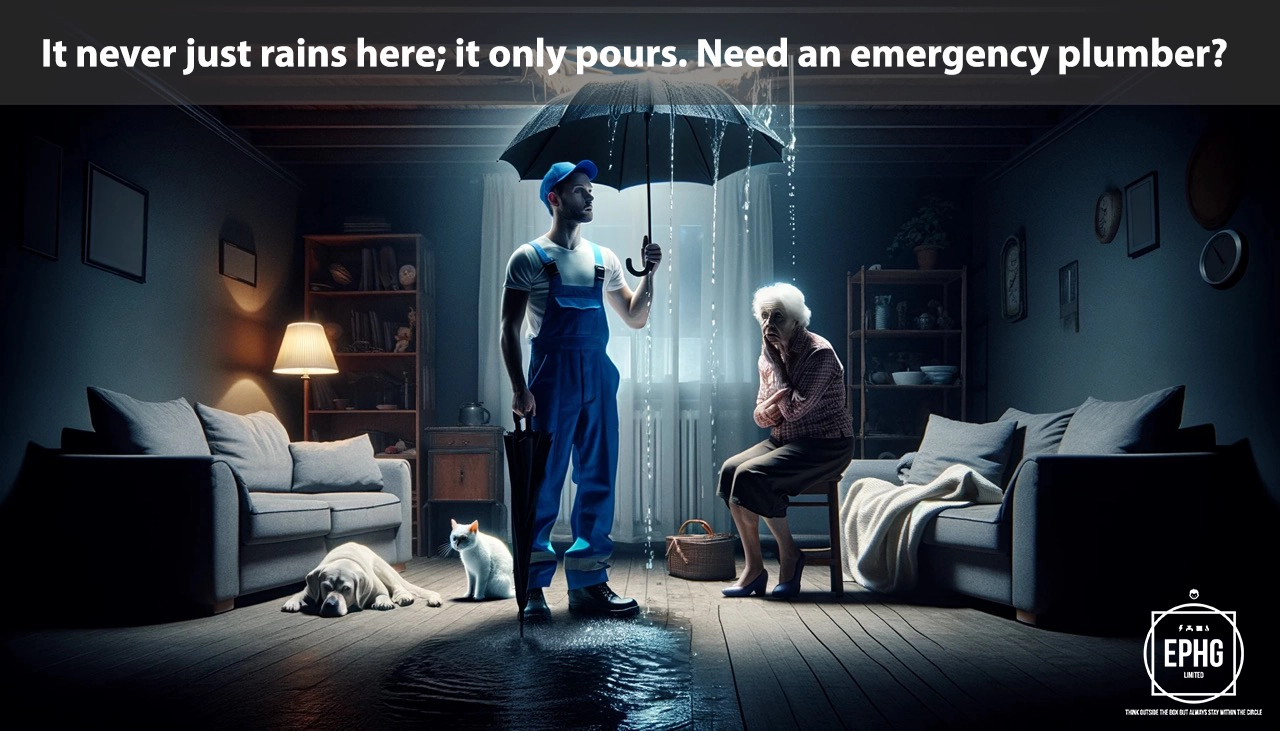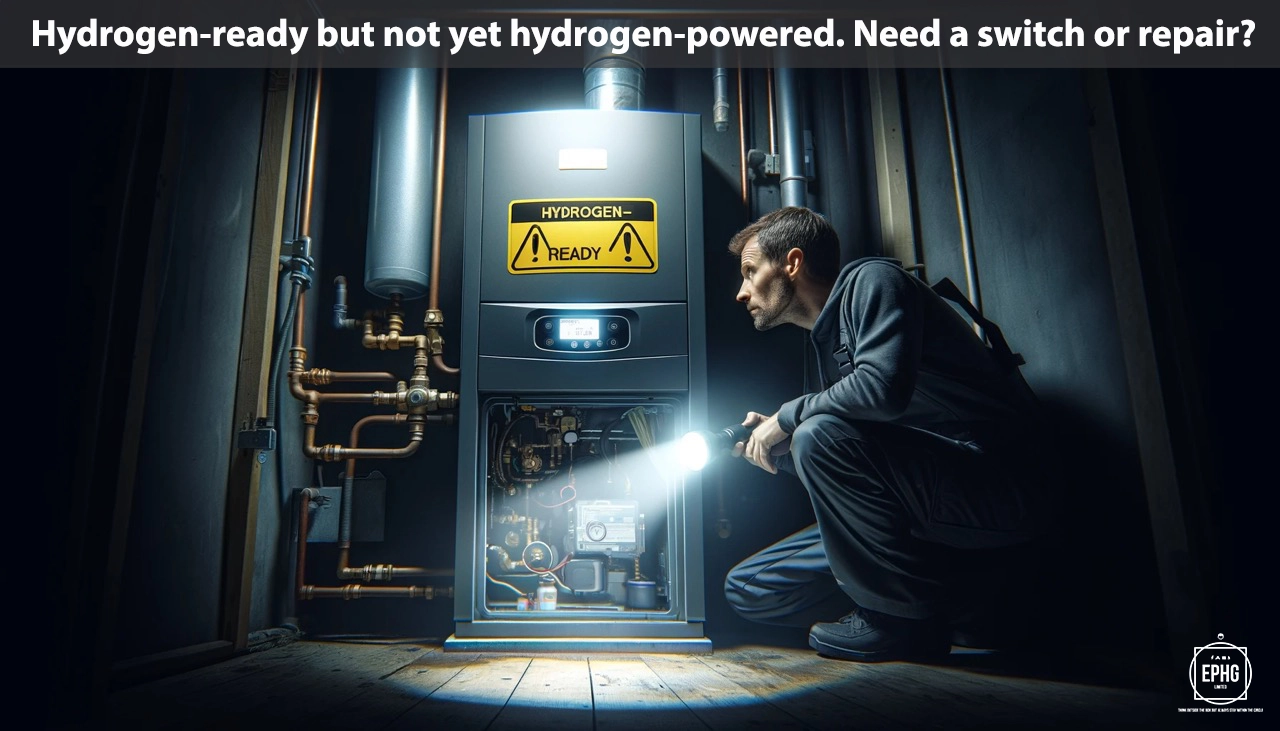
GL Postcodes for Utilities & Services in Gloucester
Introduction: The GL postcode area, enveloping Gloucester and its adjacent areas, provides diverse landscapes from bustling urban centers to serene rural settings. In this section, we offer detailed insights into water and electricity services available to residents and businesses, alongside other pertinent information.
Water in Gloucester
Where does the water supply come from in Gloucester and is there ever a shortage of water?
The primary water sources for Gloucester include the River Severn and smaller streams and reservoirs surrounding the area, such as the Cotswold Hills aquifers. These sources provide the region with ample and high-quality water, essential for both residential and commercial needs. The Severn and Wye Treatment Works play a significant role in processing this water, ensuring that it meets the high safety standards set by UK regulations. Despite the generally abundant supply, Gloucester, like many regions, faces challenges related to climate change and seasonal variability, which can impact water availability. Local authorities and Severn Trent Water work closely to manage these resources wisely, employing conservation measures during dry periods and promoting water-saving practices among the community to ensure sustainable water usage.
What is the hardness & quality of the water in Gloucester and can this affect your health?
Water in the Gloucester area ranges from moderately soft to moderately hard, depending on the specific source. The water drawn from the River Severn is generally harder due to its journey through limestone regions, which adds minerals to the water. However, the water treatment processes ensure that all water reaching residents is of high quality and within the healthy drinking standards. While hard water can lead to scaling in appliances and affect the efficiency of soaps and detergents, it is not harmful to health and can contribute beneficial minerals such as calcium and magnesium. Gloucester’s water providers continuously monitor and maintain the water quality, ensuring that it is safe for all community members while advising on any necessary precautions to maintain appliance efficiency and water softness for comfort and health.
Electricity in Gloucester
Where does the electric supply come from in Gloucester and what is the future of energy there?
The electric supply in Gloucester predominantly comes from a mix of conventional sources, such as nuclear and fossil fuels, with an increasing shift towards renewable energies. The region benefits from the proximity to the Severn Estuary, which presents potential for tidal energy, and rural areas suitable for wind and solar farms. Gloucestershire is actively exploring renewable options, including biomass from agricultural residues. The future of energy in Gloucester is geared towards sustainability, with plans to integrate more green technologies and reduce dependence on non-renewable sources. Initiatives aimed at expanding solar and wind energy capacities, along with exploration of tidal power potential in the Severn, mark Gloucester's commitment to clean energy and carbon reduction. This transition supports the broader UK goal of achieving net-zero emissions, positioning Gloucester as a leader in environmental sustainability within the region.
When is hydrogen coming to gas boilers in Gloucester?
Gloucester's move towards hydrogen-fueled heating systems is part of a national strategy aimed at reducing the UK's carbon footprint. While there is no set date for a complete transition, pilot projects and research into hydrogen technology are underway, including potential trials within the GL postcode area. The switch to hydrogen for residential heating is anticipated to follow national guidelines and timelines, with initial adaptations expected to start in the next decade. Gloucester residents are encouraged to keep abreast of local developments and energy efficiency initiatives currently promoted by local councils and energy providers. The shift from natural gas to hydrogen represents a significant step towards decarbonizing domestic heating, contributing to the city's sustainability goals.
Where Does the Wastewater Go in Gloucester
Wastewater management in Gloucester is a critical service, ensuring the health and wellbeing of the community while protecting the natural environment. The region's wastewater is treated at facilities such as the Gloucester Wastewater Treatment Works, where modern processes remove contaminants before safe release into local waterways, including the River Severn. These facilities are designed to handle both urban and rural outputs, reflecting the varied landscape of the GL postcode area. Continuous upgrades and investments in the wastewater infrastructure aim to improve treatment efficiency and environmental compliance, addressing the challenges of urban development and climate change. Gloucester's approach to wastewater treatment showcases the city's commitment to maintaining a clean, healthy environment for current and future generations.
Regions and Services:
The GL postcode covers a variety of landscapes, from the historic city center of Gloucester to the rolling hills and valleys of the Cotswolds. Key regions include:
- Gloucester City: A hub for urban utility development, showcasing a robust blend of electrical, gas, and renewable energy infrastructures.
- Cheltenham, Tewkesbury, and Stroud: Towns that offer a combination of historic and modern utilities, reflecting their rich cultural backgrounds and ongoing development.
- Cirencester, Tetbury, and Dursley: Market towns and villages in the heart of the Cotswolds, where there is a growing emphasis on incorporating sustainable and renewable energy solutions alongside traditional services.
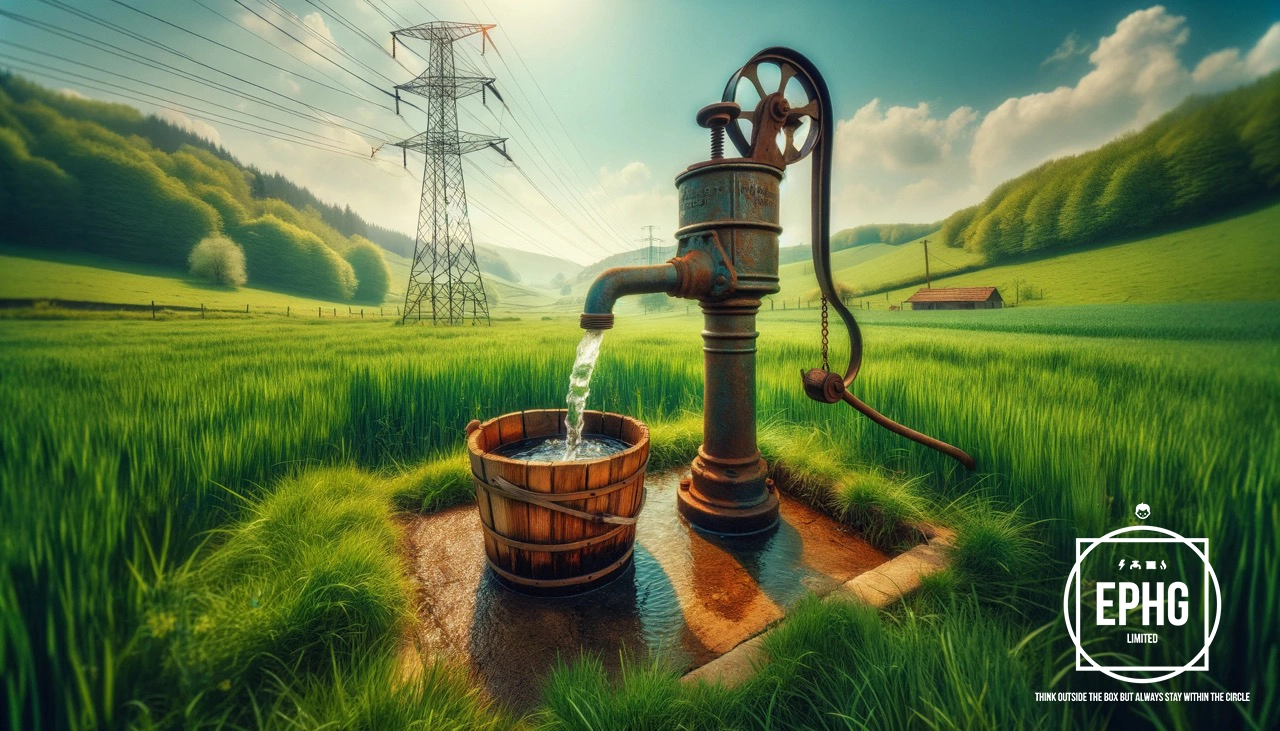
Regions within the GL Postcode
Gloucester City
- GL1: Gloucester City Centre, The Docks, Kingsholm
- GL2: Quedgeley, Hardwicke, Longford, Elmore
- GL3: Churchdown, Innsworth, Coopers Hill
- GL4: Abbeydale, Abbeymead, Upton St Leonards, Tuffley
- GL19: Hartpury, Corse, Staunton
- GL51: Cheltenham part, Staverton, Badgeworth, Hatherley
- GL52: Prestbury, Southam, Charlton Kings
Surrounding Areas and Villages
- GL5: Stroud, Rodborough, Cainscross
- GL6: Painswick, Bisley, Nailsworth
- GL7: Cirencester, Fairford, Lechlade
- GL8: Tetbury
- GL9: Badminton
- GL10: Stonehouse, Eastington
- GL11: Dursley, Cam
- GL12: Wotton-under-Edge, Kingswood
- GL13: Berkeley
- GL14: Cinderford, Newnham, Westbury-on-Severn
- GL15: Lydney, Yorkley
- GL16: Coleford
- GL17: Drybrook, Lydbrook, Mitcheldean
- GL18: Newent
- GL20: Tewkesbury, Bredon
- GL53: Leckhampton, Charlton Kings
- GL54: Bourton-on-the-Water, Stow-on-the-Wold, Northleach
- GL55: Chipping Campden
- GL56: Moreton-in-Marsh
